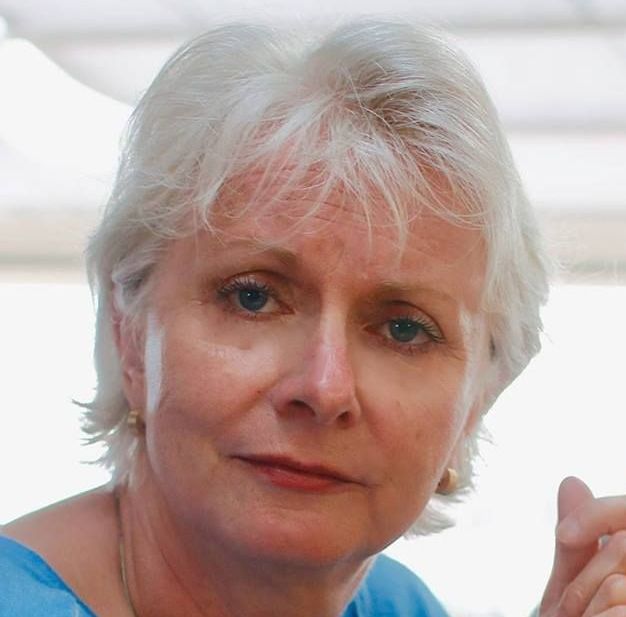
Bianka Adams is a senior historian and director of the oral history program at the Office of History of the U.S. Army Corps of Engineers (USACE). The Office’s mission is to collect, document, interpret, disseminate, and preserve the history and heritage of the U.S. Army Corps of Engineers. Before joining the Corps of Engineers History Office in 2012, Bianka worked as a historian at the Defense Threat Reduction Agency, and before that at the U.S. Army Center of Military History. Her focus areas include post-World War II U.S. military governments and political purges and, more recently, Engineer support to U.S. Army operations in Iraq and Afghanistan.
Bianka says “My day-to-day duties include researching and writing a variety of historical products from fully referenced historical reports, answering requests for information, and conducting oral history interviews to capture experiences and perspectives of USACE civilian and military personnel while they are working on a project or support emergency operations, when they leave for a new assignment, or retire from federal service. Lately, I have also taken on responsibility for administering contracts for services, such as transcription of audio files and authoring a history book for a district.
“In the past decade, I also had opportunities to deploy to Iraq and Afghanistan. In 2009, I served for a year as command historian during 1st U.S. Cavalry Division’s deployment as the command and control element of the Multi-National Division Baghdad, Iraq. Five years later, I deployed for the Corps on a three-month history collection mission to the Transatlantic Afghanistan District, Bagram Air Force Base, Afghanistan. Finally, this year in June, I returned to Iraq for a short three-week stint to document the mission of the Corps’ Mosul Dam Task Force.”
Bianka reflects on the relationship between graduate study in history and what she does now professionally: “As a Ph.D. candidate, I honed all those skills that I rely on daily in my work as a public historian. The course work gave me a chance to practice and improve my skill in presenting papers in seminars and field questions in the discussions that ensued. Researching and writing my dissertation naturally enhanced my experience in conducting archival research and organizing a large research project. But beyond an excellent skill set, my studies at Catholic University allowed me to deepen my knowledge in my chosen area of specialization while offering opportunities to explore new fields such as constitutional law or nuclear strategy. This chance to indulge my curiosity and gain insight into seemingly unrelated disciplines was an eye-opener, and gave me the confidence to pursue opportunities and positions that lay decidedly outside my ‘comfort zone’”.
Looking back, what does she wish she’d known in graduate school? “Among the things I wish I had known more about are the importance of publishing, presenting, and networking. My recommendation for graduate students is to join professional organizations in their field – such as the American Historical Association, the Organization of American Historians (whose former Executive Director, Lee Formwalt, is a Catholic University alumnus also profiled in this issue), or the Society for Military History – and take advantage of graduate student panels to present their work at conferences. While it is at first a daunting prospect to participate in a conference, it is also a great way to connect with professional historians of all stripes, academic or public, and to seek mentors. In my experience, seasoned historians welcome the chance to show students the ropes, to share their wealth of experience, and to introduce them to colleagues. Lastly, I would encourage grad students to try to publish an article in a peer reviewed professional journal. Presenting at a conference may introduce a student’s work to editors in the audience who are looking for fresh ideas. It happened to me and I’m surely not the only one. Good luck!”
